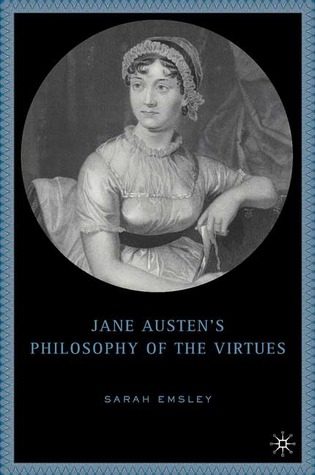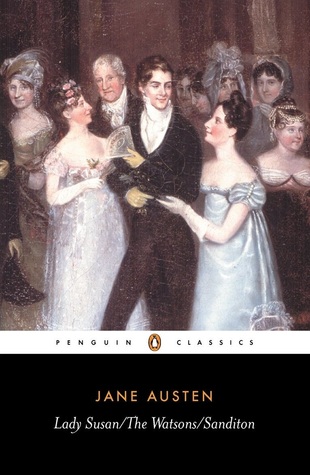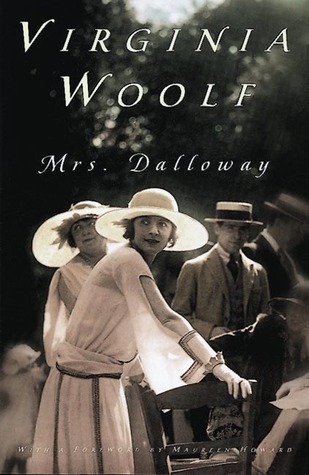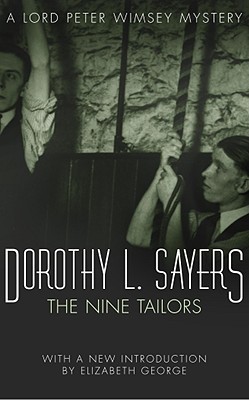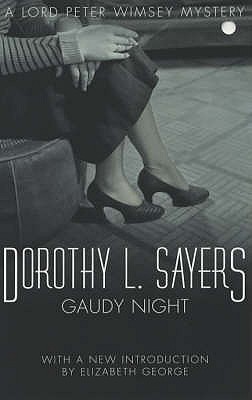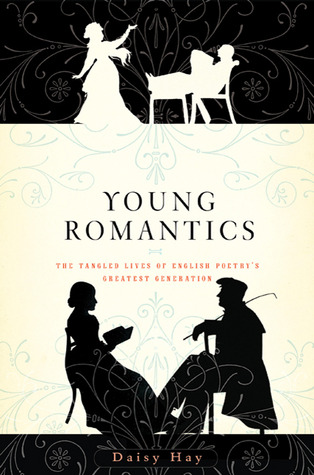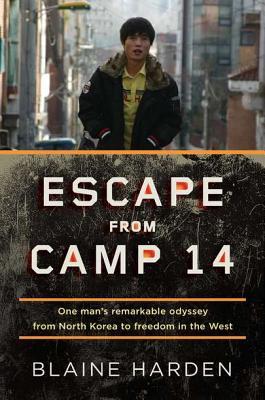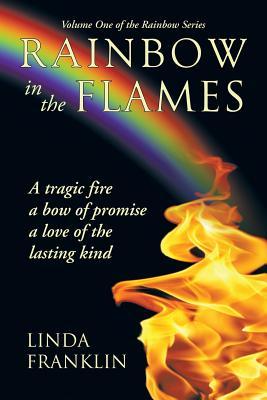One of my big summer reads, of course, was Jane Austen's Philosophy of the Virtues by Sarah Emsley. Here's the first post in my series on it. Those who enjoy this series may also enjoy my friend Esther's series on the same book. I also recently enjoyed reading Emsley's series for the bicentennial of Pride and Prejudice, especially her post: Does Mr Collins Read Novels?
The Red Tent by Anita Diamant
(Completed partly as audiobook)
As a feminist Christian, I think that Patriarchy in the Bible created many problems. This is well demonstrated in the story of Jacob and his wives and concubines, and his daughter Dinah. Diamant's feminist reimagining of the story of Dinah has been much lauded, and I did enjoy her thoughts on feminism and authorship in her introduction to the reissued novel. However, acknowledgment of the problems of Patriarchy doesn't have to mean that we paint all men as boors or villains, especially influential ones in Jewish and Christian spirituality, such as Jacob and Joseph. I almost prefer a Patriarchy in which these men "command their households" after the one God, than this version of female power through persistent polytheism. Despite beautiful prose, it was quite a depressing book, and I agree with my friend 3gee on Tumblr that it adds little to my understanding of Genesis. I found this hermeneutical examination of Dinah's story both more relevent to feminist concerns, and more respectful of the biblical record. It examines the systems of oppression and violence that led and resulted from Dinah's rape, while maintaining her agency in her own story.
Lady Susan, The Watsons, Sanditon by Jane Austen (reread, actually listened to LS as librivox recording)
I decided to reread this because of the Youtube series Welcome to Sanditon, by the creators of the Lizzie Bennet Diaries. Lady Susan has some great lines, but the epistolatory form prevents Austen from developing each member of her cast so distinctly as in novels with more dialogue. Rereading The Watsons made me grieve that it's unfinished. I know some critics have felt that written during a time Austen was likely in low spirits, it lacks the sparkle and promise of her other works. I think it has tremendous potential. There's the fact that Mr Watson was to die during the course of the novel -- while in most of Austen's works death is only mentioned in the opening narration. Then there is poor Emma Watson having to be "dependent for a home" on that buffoon Robert and her equally egregious sister-in-law. Lord Osborne is also a buffoon, but his interest in Emma may be more extreme (in class distinction) than Darcy's in Elizabeth. Poor Mr Howard is to pursued by Lady Osborne, creating a love triangle of sorts. And my suspicion is that Margaret may have been readying to run away with Tom Musgrave.
As for Sanditon, it's also funny and fresh, exploring themes new for Austen. Unfortunately, the webseries was awful. I ranted about it on Tumblr.
Mrs Dalloway by Virginia Woolf (reread, to be embarrassingly honest)
Yes, I'd read this novel before, but I guess three years ago I was too young and impatient for its aching, slow beauty. This time I determined to simply appreciate it, and I found it a perfect read for summer -- teaching me to focus on the sensations, and rest in the moment. Of course, the novel is not just beautiful prose. It contains the "heavy, and the weary weight" of everyday tragedy. Woolf makes us instinctively feel a part of every life, no matter how trivial, degraded, jealous, impotent, or damaged. To paraphrase Emily Dickinson, this novel is "just the weight" of life.
Adam Bede by George Eliot
When
I first started watching the web-series I would read the comments, and
chuckle at all the people shipping Edward and Clara. spoiler for the
real work follows — In the text, Sir Edward Denham aspires to be the
kind of rake in Samuel Richardson’s novels. His intention is to seduce
(and if “necessary” kidnap!) the poor dependent Clara Brereton. His
deliberately misreads popular novels (pop culture, as the webseries
chose to transliterate it) to further his attempts to manipulate women.
If the webseries had chosen to take this angle, they could have
initiated real dialogue about dude-bros* patriarchy, gender relations,
and even rape culture. Instead they went with a syrupy romance, with no
real tension or interest - See more at:
http://litlass.tumblr.com/post/59056207383/welcome-to-sanditon-rant#sthash.N63o58l3.dpuf
When
I first started watching the web-series I would read the comments, and
chuckle at all the people shipping Edward and Clara. spoiler for the
real work follows — In the text, Sir Edward Denham aspires to be the
kind of rake in Samuel Richardson’s novels. His intention is to seduce
(and if “necessary” kidnap!) the poor dependent Clara Brereton. His
deliberately misreads popular novels (pop culture, as the webseries
chose to transliterate it) to further his attempts to manipulate women.
If the webseries had chosen to take this angle, they could have
initiated real dialogue about dude-bros* patriarchy, gender relations,
and even rape culture. Instead they went with a syrupy romance, with no
real tension or interest - See more at:
http://litlass.tumblr.com/post/59056207383/welcome-to-sanditon-rant#sthash.N63o58l3.dpuf
When
I first started watching the web-series I would read the comments, and
chuckle at all the people shipping Edward and Clara. spoiler for the
real work follows — In the text, Sir Edward Denham aspires to be the
kind of rake in Samuel Richardson’s novels. His intention is to seduce
(and if “necessary” kidnap!) the poor dependent Clara Brereton. His
deliberately misreads popular novels (pop culture, as the webseries
chose to transliterate it) to further his attempts to manipulate women.
If the webseries had chosen to take this angle, they could have
initiated real dialogue about dude-bros* patriarchy, gender relations,
and even rape culture. Instead they went with a syrupy romance, with no
real tension or interest - See more at:
http://litlass.tumblr.com/post/59056207383/welcome-to-sanditon-rant#sthash.N63o58l3.dpuf
When I first started watching the web-series I would read the comments, and chuckle at all the people shipping Edward and Clara. spoiler for the real work follows — In the text, Sir Edward Denham aspires to be the kind of rake in Samuel Richardson’s novels. His intention is to seduce (and if “necessary” kidnap!) the poor dependent Clara Brereton. His deliberately misreads popular novels (pop culture, as the webseries chose to transliterate it) to further his attempts to manipulate women. If the webseries had chosen to take this angle, they could have initiated real dialogue about dude-bros* patriarchy, gender relations, and even rape culture. Instead they went with a syrupy romance, with no real tension or interest - See more at: http://litlass.tumblr.com/post/59056207383/welcome-to-sanditon-rant#sthash.N63o58l3.dpufWhen I first started watching the web-series I would read the comments, and chuckle at all the people shipping Edward and Clara. spoiler for the real work follows — In the text, Sir Edward Denham aspires to be the kind of rake in Samuel Richardson’s novels. His intention is to seduce (and if “necessary” kidnap!) the poor dependent Clara Brereton. His deliberately misreads popular novels (pop culture, as the webseries chose to transliterate it) to further his attempts to manipulate women. If the webseries had chosen to take this angle, they could have initiated real dialogue about dude-bros* patriarchy, gender relations, and even rape culture. Instead they went with a syrupy romance, with no real tension or interest - See more at: http://litlass.tumblr.com/post/59056207383/welcome-to-sanditon-rant#sthash.N63o58l3.dpufWhen I first started watching the web-series I would read the comments, and chuckle at all the people shipping Edward and Clara. spoiler for the real work follows — In the text, Sir Edward Denham aspires to be the kind of rake in Samuel Richardson’s novels. His intention is to seduce (and if “necessary” kidnap!) the poor dependent Clara Brereton. His deliberately misreads popular novels (pop culture, as the webseries chose to transliterate it) to further his attempts to manipulate women. If the webseries had chosen to take this angle, they could have initiated real dialogue about dude-bros* patriarchy, gender relations, and even rape culture. Instead they went with a syrupy romance, with no real tension or interest - See more at: http://litlass.tumblr.com/post/59056207383/welcome-to-sanditon-rant#sthash.N63o58l3.dpuf
When
I first started watching the web-series I would read the comments, and
chuckle at all the people shipping Edward and Clara. spoiler for the
real work follows — In the text, Sir Edward Denham aspires to be the
kind of rake in Samuel Richardson’s novels. His intention is to seduce
(and if “necessary” kidnap!) the poor dependent Clara Brereton. His
deliberately misreads popular novels (pop culture, as the webseries
chose to transliterate it) to further his attempts to manipulate women.
If the webseries had chosen to take this angle, they could have
initiated real dialogue about dude-bros* patriarchy, gender relations,
and even rape culture. Instead they went with a syrupy romance, with no
real tension or interest - See more at:
http://litlass.tumblr.com/post/59056207383/welcome-to-sanditon-rant#sthash.N63o58l3.dpuf
This was Eliot's first full-length novel and it does contain a few literary tropes that disappear in her later masterpieces. However, this novel has gained a special place in my heart. Reading it had the effect that all great things -- music, poetry, novels, art, even theology -- have: it made me see everything through its prism. It transformed the very air around me. I felt that those who have not read it could not have the same consciousness I had attained. Drawing to the end, I felt all other books and experiences would be flat and stale after my immersion in Dinah, Adam and Hetty's world. (My feet did return to earth quite quickly, but I would not exchange the brief experience of floating above common things.)Yet all this is strange, because Adam Bede is (except for those small tropes) a supremely realistic work. Set in the rural world of early 19th century England, the land may be sometimes idealized, but its inhabitants are not. It's also a work replete with homely humor. Smiley faces decorate most of Mrs Poyser's speeches in my copy.
Like Eliot's other works, it's a complex study in psychology, especially drawing on Wordsworth. Like all Eliot's works, it called me to self-examination of how my "personal" faults affect others, but also called me to be less black and white in my condemnations of others' seemingly-heinous sins. I return to my absorption in the fortunes of its characters when I quote Dickens' words as true for me: "Adam Bede has taken its place among the actual experiences and endurances of my life."
An Abundance of Katherines by John Green (Young Adult novel)
Dear An Abundance of Katherines ~
I like you; I just don't love you. You're really funny, and you have the breathless, unique voice of your creator Mr Green. You're smart: I didn't much care for the math problems, but I learned a cool new word and a Latin phrase. I identified with protagonist Colin Singleton's desire to matter through accomplishments. I tend to resent prodigies like him because I want to be one, but your point that in the end it is the stories we live and create that "make us matter to each other" had some resonance.
It's not you, it's me. (I think.) I'm not used to reading YA novels, and frankly, the attitude toward sex, and the references to bodily functions aren't my thing. I picked you up with low expectations, as a fun read on a road trip. So don't take it really personally when I say you didn't measure up (or down, actually) with the depth of, say, Anne of Green Gables.
Hey, it was fun. I just don't think we're totally compatible. I'm holding out a bit of hope for Looking for Alaska
(not really) Yours,
Sarah
Reader, that's pretty much all that I read during anything that looked remotely like summer here, other than my annual August Jane Eyre reread/re-listen (which, as ever, was filled with "light for the mind" and pure delight). What have you all been reading?
 There is no frigate like a book
There is no frigate like a book